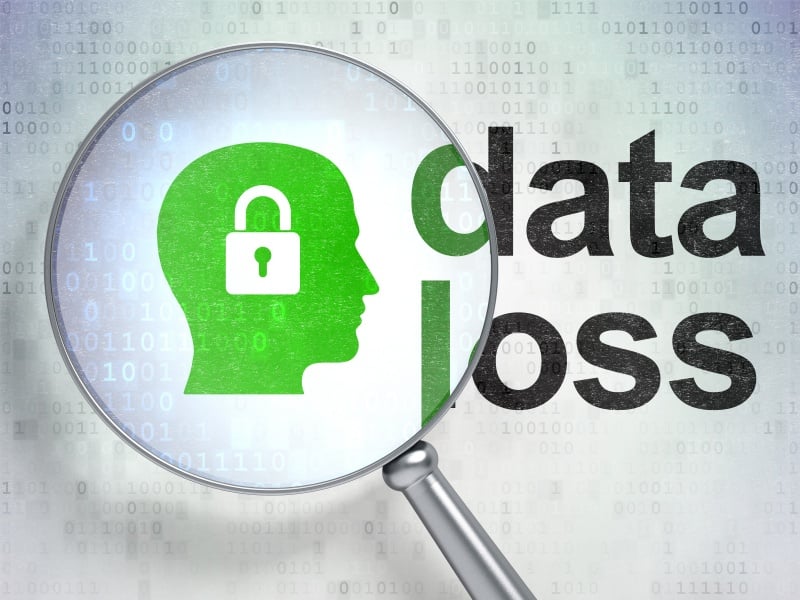
For small businesses, one of the most important resources is their data. Whether it's information about customers, internal sales numbers or anything else that is crucial to business, the thought of losing data can make small business owners sick.
Preventing data loss is one of the biggest issues Connecticut small business owners face.
According to a study from Symantec’s small- and medium-sized business unit, 50 percent of small- and medium-sized businesses have no backup or disaster recovery plan in place and 41 percent had not thought about implementing a disaster recovery or a business continuity plan.
That is the wrong way to go about it. A business needs to grow, and cannot face setbacks such as the loss of data. Luckily there are a number of steps companies can take that will help keep data secure yet accessible.
Go virtual.
Virtualization has become one of the top information technology solutions available to small businesses. Many organizations, including Microsoft and VMWare, offer “no cost” solutions for businesses looking to enter into server virtualization.
Server virtualization allows you to take advantage of unused physical server space to host your data. Once virtualized, it is easier to back up, move and restore images of your operating systems, providing added levels of security.
Embrace the cloud.
Cloud computing is revolutionizing how small businesses work. They provide off-site storage for your data at a low cost. More importantly, they provide a backup version of your data. If something awful was to happen to your office - think a fire, flood or even theft - that damaged your computer systems, your data would still be safe.
Having your data in the cloud means a couple of concessions — most cloud providers use the Internet to transfer data back to the business location and this takes time. If speed is critical make sure to ask for an option to overnight ship your data back to you.
Be redundant.
Redundancy means storing the same data in more than one place. There are many ways to do this, but the most popular is to use an on premise device that backs up locally and then sends the data (encrypted) to an offsite location.
Image-based backup.
This is good low-cost option for small businesses to consider. Image-based backup is a backup process for a computer or a virtual machine that creates a copy of the operating system and all the data associated with it in a single file, referred to as an image.
Each time an image is saved, a user can revert back to that version of his or her computer. If the user backs up frequently he or she will never revert back to data that is different from what was most recently used.
Think about a failover solution.
A final consideration for preventing data loss is in a high availability failover design. In these solutions, data flow is rerouted to go to different services in case of an outage. With today's technology this is now something most smaller businesses can implement for a relatively low cost. Many small businesses fail-over to a server cloud, meaning their data is pushed to a cloud environment as a fail-over means, ensuring that the data is always available even during times it would traditionally be unavailable.






